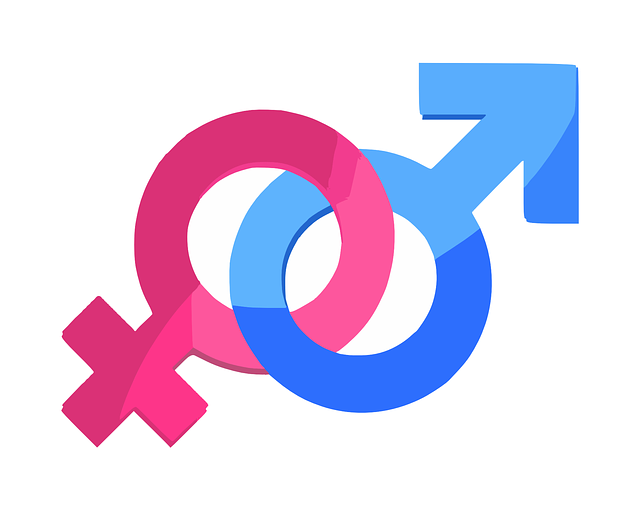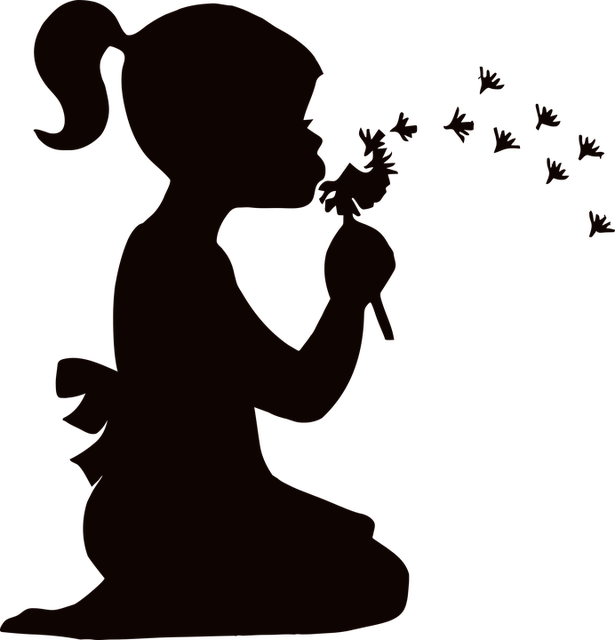
Knowing the gender of French nouns is very important. You will encounter genders in every single sentence in French! Do you think that gender in French is insurmountable and you will never manager to know it? Do you think you can speak French without knowing the gender? Do you think it is so time consuming, you will see that part of French grammar another time? Well, I let you read this article where you will find the answer!
To know more about remembering vocabulary, take a look at my article “How to easily memorize French vocabulary“.
Why gender of French nouns is so important?
Gender in French is the foundation, all nouns are either masculine or feminine. Without knowing it, you will most likely not be able to speak or write in French properly, it won’t be understandable.
The following agree with the number and gender of the nouns they refer to:
- All adjectives
- Possessive pronouns and adjectives
- Demonstrative pronouns and adjectives
- Interrogative pronouns and adjectives
- The subject pronoun when conjugating a verb
- The past participle agrees in number and gender with the subject
Did I convince you now? It is crucial you spend time to identify the gender each time you learn a word! As a French native speaker, I can assure you, you will not go far in your French learning journey if you have not even basic knowledge about genders. I highly recommend you to take the time and learn correctly because it will take even more time afterwards to correct what you have learnt wrongly.
Let’s see together some rules that will definitely make it easier than what you thought 😉
Nouns referring to people
In French, most nouns referring to boys/men and to girls/women are masculine and feminine respectively. Let’s take an example:
– “A man” is male so it will be masculine “un homme“
-“A girl” is female so it will be feminine “une fille“
It is easy so far, isn’t it?
Sometimes, the same word can be used to either to refer to man or woman, in that case only the gender will change depending on the sex of the person it refers to.
Let’s take an example:
– “A (male) friend” will be “un camarade“
– “A (female) friend” will be “une camarade”
Unfortunately, for that one, there is no rule, but you will learn along your journey these words 🙂
Some words, have only one possible gender.
Let’s take an example:
– “A (boy or girl) baby” will be “un bébé“
– “A (male or female) person” will be “une personne“
Often, the ending of a noun will change depending on if it refers to a man or woman.
Let’s take an example:
– “A Frenchman” will be “un Français“
– “A Frenchwoman” will be “une Française“
Nouns referring to animals
In French sometimes, there are separate words for male and female animals.
Let’s take an example:
– “A (male) goat” will be “un bouc“
– “A (female) goat” will be “une chèvre“
Sometimes, the ending will change depending on if it refers to a male or female animal.
Let’s take an example:
– “A (male) cat” will be “un chat“
– “A (female) cat” will be “une chatte“
Some animals, will only have one gender.
Let’s take an example:
– “A fish” will be “un poisson“
– “A bee” will be “une abeille“
Nouns referring to things
Gender of French masculine nouns

Words ending by a consonant are in general masculine.
Let’s take an example:
– “An airport” is “un aéroport”
Words with the following ending are often masculine:
– “age“
Let’s take an example: “un voyage” is “a journey”
– “ment“
Let’s take an example: “un appartement” is “a flat”
– “oir“
Let’s take an example: “un couloir” is “a corridor”
– “sme“
Let’s take an example: “le tourisme” is “a tourism”
– “eau“
Let’s take an example: “un cadeau” is “a gift”
– “eu“
Let’s take an example: “un jeu” is “a game”
– “ou“
Let’s take an example: “le genou” is “the knee”
– “ier“
Let’s take an example: “un escalier” is “a staircase”
– “in“
Let’s take an example: “un jardin” is “a garden”
– “on“
Let’s take an example: “un ballon” is “a ball”
However, there are some exceptions! Otherwise, it is not funny 😉
The following words are feminine whereas according to the rules above they should be masculine:
“une page” is “a page”, “l’eau” is “water”, “la fin” is “the end”, “une maison” is “a house”
The days of the week, the months and the seasons are masculine.
Let’s take an example:
– “le mardi” is “Monday“
– “mars dernier” is “last March“
– “le printemps” is “spring“
The names of languages are masculine.
– “le français” is “French“
Weights and measures.
– “un kilogramme” is “a kilogram“
English words used in French.
– “un tee-shirt” is “a tee-shirt“
Gender of French feminine nouns

Words ending by “e” are in general feminine.
Let’s take an example:
– “une boulangerie” is “a bakery”
Words with the following ending are often feminine:
-“ance“, “anse“, “ence“, “ense“
Let’s take an example:
“la chance” is “luck”, “une danse” is “a dance”, “la patience” is “patience”, “la défense” is “defence”
-“ion“
Let’s take an example: “une addition” is “a bill”
– “té“, “tier“
Let’s take an example: “une spécialité” is “a speciality”, “une amitié” is “a friendship”
Here again there are exceptions, we say “le silence” (silence), “un avion” (a plane), “le pâté” (pâté).
The gender of these words will change the meaning
– “livre“
Masculine: “un livre” is “a book“
Feminine: “une livre” is “a pound sterling“
– “mode“
Masculine: “le mode” is “a method“
Feminine: “la mode” is “fashion“
– “poste“
Masculine: “un poste” is “a job” or “a phone extension“
Feminine: “la poste” is “the post office“
– “tour“
Masculine: “un tour” is “a walk” or “a tour“
Feminine: “une tour” is “a tower“
Let’s practice together: Gender of French nouns
- Which one is the odd one?
un citron – une aubergine – un poivron
une maison – une chaise – une table – un ciseau
le football – un été – une danse - What is the feminine of these words?
un prince: une……
un camarade: une……
un employé: une……
Responses?
- une aubergine, un ciseau, une danse
- une princesse, une camarade, une employée
I have a French grammar book I use and find easy to follow, if you want to know which collection it is click here.
Tell me in the comments if you have genders in your own language? Feel free to share this article!
A bientôt!